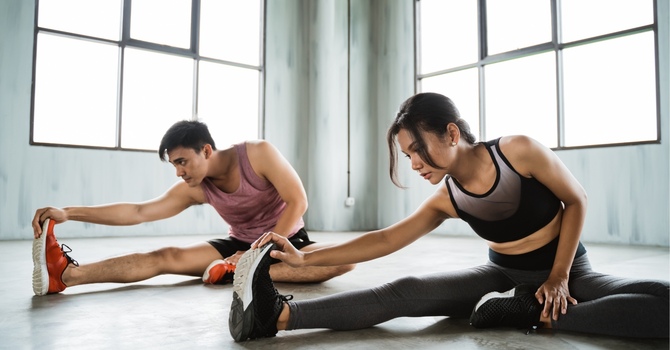Osteoarthritis (OA) is a common joint condition that causes pain, stiffness, and reduced mobility, especially in the knees, hips, and spine. While there is no cure, physiotherapy plays a key role in managing symptoms and improving quality of life through evidence-based, non-drug interventions.
Understanding the Physiotherapy Approach
At Holland Landing Health Center, our East Gwillimbury and Newmarket physiotherapy services are dedicated to helping individuals with osteoarthritis (OA) manage their symptoms, reduce pain, and stay active so they can maintain a better quality of life. The main goal is to reduce pain, improve how the joints move, increase strength and flexibility, and help people stay independent in their daily lives.
Physiotherapists create personalized treatment plans based on each person’s needs, abilities, and goals. They also use evidence-based practice, which means using the best available research, their own clinical experience, and the patient’s preferences to decide what treatments will work best. This approach helps ensure safe, effective care that supports long-term health and quality of life.
Key Evidence-Based Interventions
1. Exercise therapy is the most effective treatment for OA. Research consistently shows that regular physical activity reduces pain and enhances joint function. Aerobic exercises like walking and swimming help with overall fitness and weight management, while strength training supports joint stability. Flexibility exercises are also important for maintaining range of motion and reducing stiffness.
2. Manual therapy, such as joint mobilizations and soft tissue techniques, may offer short-term relief and is most effective when combined with exercise. It can reduce muscle tightness and improve movement in affected joints.
3. Education and self-management strategies are another critical part of treatment. Physiotherapists help patients understand their condition, set achievable goals, and adopt healthy habits. Empowering people to stay active and manage symptoms leads to better long-term outcomes.
4. Weight management is essential, particularly for knee and hip OA. Excess weight increases joint stress and pain. Physiotherapists often collaborate with other health professionals to support lifestyle changes.
5. Assistive Devices and Taping such as walking aids, orthoses and Kinesio tape provide external joint support, reduce pain, and improve mobility in patients with knee osteoarthritis (OA). Evidence from clinical trials shows that both interventions can significantly enhance quadriceps strength and physical function, with knee orthoses also improving various aspects of proprioceptive accuracy (Fazli et al., 2023).
Conclusion
Physiotherapy offers a comprehensive, evidence-based approach to managing osteoarthritis. By integrating exercise therapy, manual techniques, education, and lifestyle strategies, physiotherapists help individuals manage pain, improve function, and maintain independence. Early intervention and consistent management are key to minimizing the impact of OA, and physiotherapy remains a central, effective component of that journey.
Ready to Book?
Holland Landing Health Centre proudly provides East Gwillimbury and Newmarket physiotherapy services (and surrounding communities). Book online today or schedule a FREE 15 minute consultation with one of our physiotherapists.
Reference
Fazli, F., Farsi, A., Ebrahimi Takamjani, I., Mansour Sohani, S., Yousefi, N., & Azadinia, F. (2023). Effect of Knee Orthosis and Kinesio Taping on Clinical and Neuromuscular Outcomes in Patients with Knee Osteoarthritis: A Randomized Clinical Trial. The archives of bone and joint surgery, 11(10), 625–634. https://doi.org/10.22038/ABJS.2023.72208.3362



